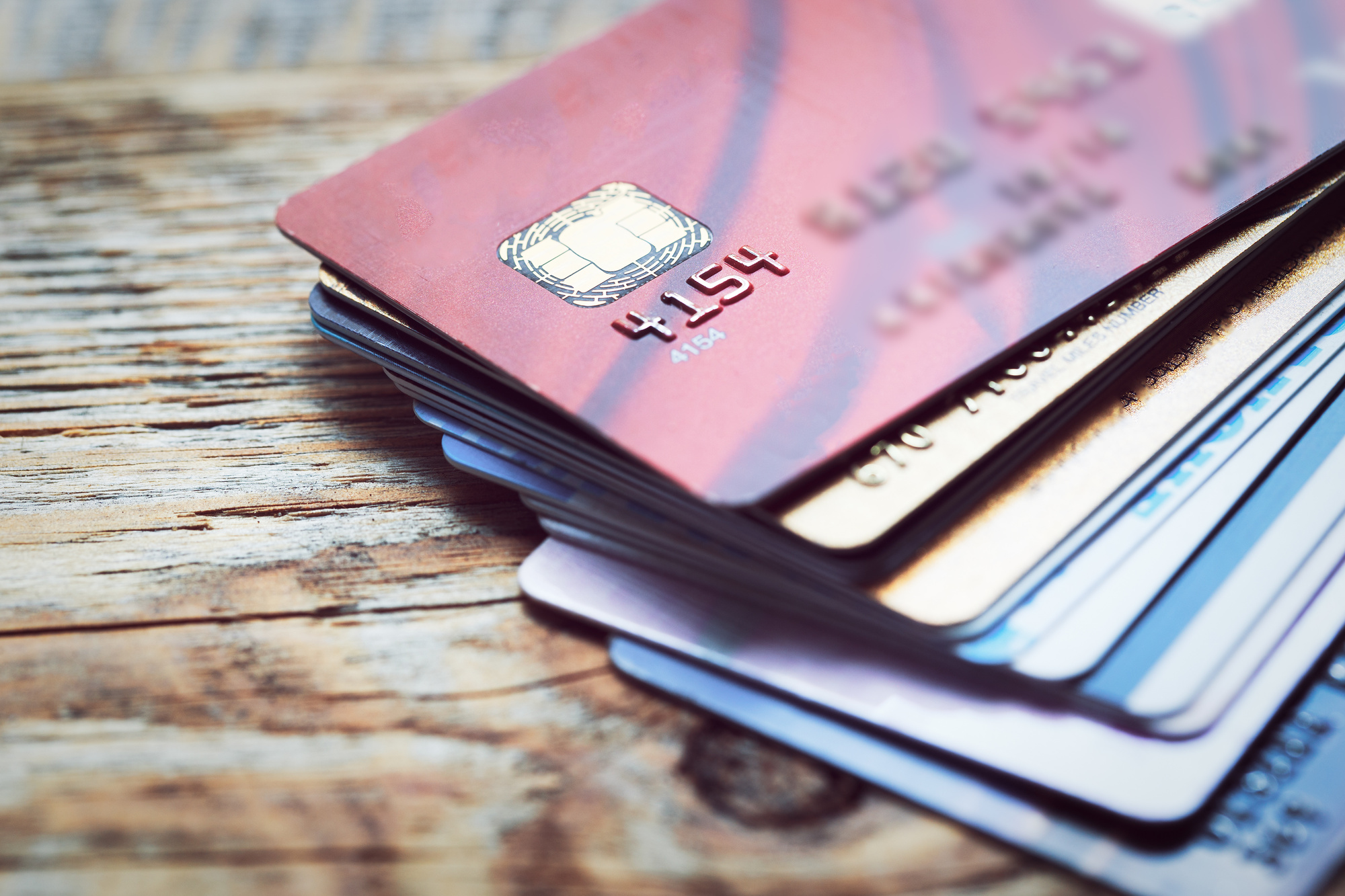Are you struggling with an increasing amount of debt? Are you trying to get it paid down, but feel like you are getting nowhere? There are plenty of strategies to help you get out of debt, the trick is to make a plan and stick to it.
Keep reading to learn about some debt solutions that will help you get out of debt, and stay that way.
1. Create a Budget
One of the first steps you need to take when working towards paying off debt is having a plan of attack, and that is by creating a budget. Without a basic budget in place, you don’t have a clear idea of how much your income is vs. how much you are paying in bills and other debts.
When creating your budget you should show how much your income is, your total amount of credit card bills, car or home loans, and rent or mortgage payments. Then your monthly utility, cable, or phone bills, and groceries. Everything that is left over after making all your payments should now be saved to create your emergency fund.
Once you have a budget in place you can also see what areas you can reduce costs on. Now might be a great time for you to consider cutting cable or canceling the streaming services you don’t use often enough. These funds could be channeled into creating your emergency fund or eventually go towards making additional payments towards your debt.
2. Save an Emergency Fund
When trying to get out of debt, you will need a way to keep from accruing more debt. One of these ways is to have a savings account to turn to in a time of need. If you have an unexpected car repair or hospital bill, instead of charging the bill to a credit card, you can use the cash from your savings account. Once you have created your budget, you should put all of your extra money at the end of the month into a savings account.
Your target goal for savings should be at least $1,000. This is usually enough to help you pay the unexpected expense without having to turn to a credit card or loan for help. Once you have $1,000 saved up you can then start using your extra money to put towards paying off your credit cards.
3. Tackle One Debt at a Time
When getting ready to pay off your debt, it might seem a bit overwhelming deciding where to start. Some people add a little extra money to all of their minimum payments in an attempt to pay them all down at the same time. While this strategy might work, it will take you a long time to feel like you are making any progress.
Instead, choose one account, either the one with the highest interest or the smallest amount, and make big payments to it. This will not only knock this one debt out quicker, but you will also see the change and be inspired to keep going. While you are tackling this one debt with big payments, continue to make your minimum payments to the other accounts.
Once you have that first debt paid off, roll the amount you were paying to it into the minimum payment on your next account you have targeted. Continue this strategy until all your debts are paid off.
4. Stop Using Your Credit Cards
Once you have made the decision to get control of your finances, you need to stop using your credit cards. In order to resist the temptation, start by removing the payment option from your shopping apps, cut up the card, or lock them in a safe. By removing the accessibility to your cards, you can help yourself achieve your long-term goals.
In order to help yourself stay committed you should write down your goals of being debt-free. Start with writing down where you are at financially, and then every so often check and see the progress you are making. This will help you stay motivated and want to keep going. Once you have paid off your balance, do not close your account, since this could hurt your credit score.
5. Debt Consolidation
If you have a large amount of credit card debt then you might want to consider the different debt consolidation options. There are balance transfer credit cards that allow you to shift balances over from other cards so you can take advantage of the no interest rate time period. These cards usually give you no interest for a set time period, such as 15 to 21 months, before charging you a high-interest rate.
A debt consolidation loan allows you to borrow more money than you owe and at a lower interest rate, depending on your credit score. Most of these types of loans will send you the money so you can use it to pay off your debt. It might be tempting to keep the money or use it towards something else, but keep your main goal in mind and use it to pay off your debt. Then instead of multiple monthly payments, you will only have one, at a lower interest rate, to worry about each month.
There are some consolidated debt solutions that will send the money straight to your credit card companies, so do your research before choosing a company that is right for you. If you aren’t sure if debt consolidation is right for you, check out this website to get more info.
Learn More Today About the Various Debt Solutions for Financial Freedom!
There are many different debt solutions that you can choose from. In order to get started, you should create a budget, save an emergency fund, and then start tackling your debt in a way that works best for you.
If you’d like more financial tips and information be sure to visit our website daily!
